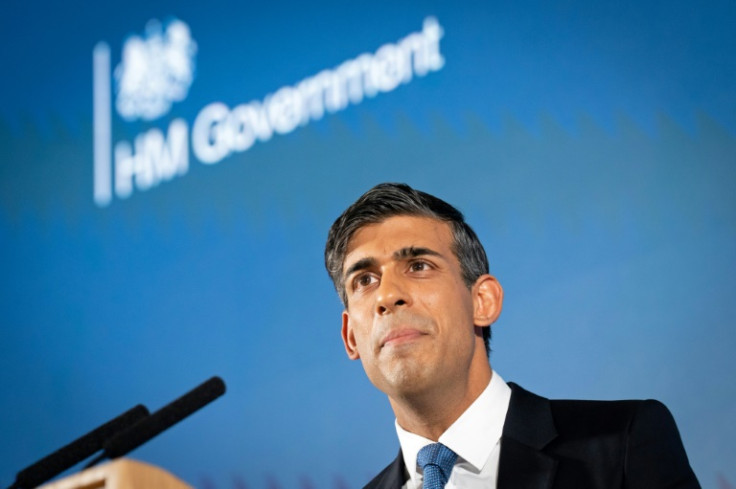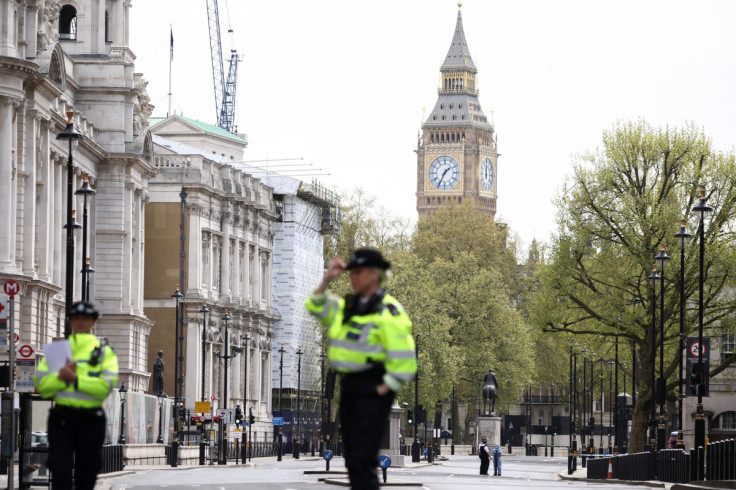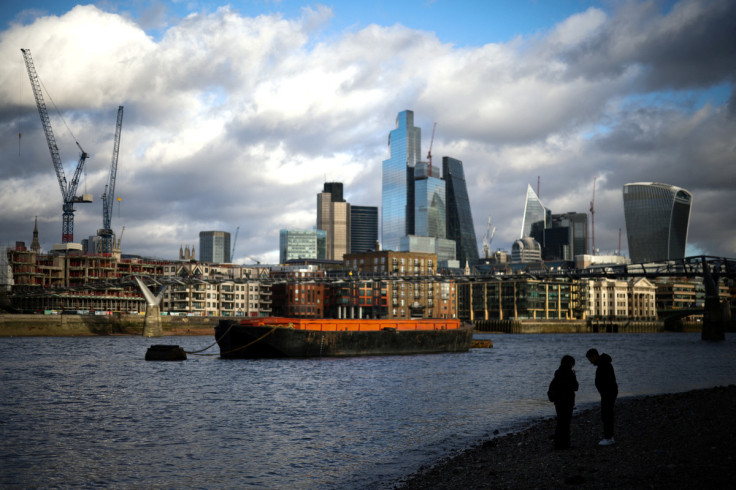What is happening with the Bounce Back Loan Scheme?
Reports estimate £4.3 billion was been written off as being lost to fraudsters since the start of the Bounce Back Loan Scheme.
The Bounce Back Loan scheme was introduced in 2020 to help businesses affected by Covid-19. In the scheme small and medium sized businesses could apply to borrow sums between £2,000 to £50,0000 at an interest rate of 2.5% a year. Payments begun a year after receiving the loan and would be aimed to be repaid within 6 years but businesses could apply for this to be increased to 10 years.
Before the scheme even begun there were already questions over whether this scheme should go ahead in it's current state. Sarah Munby, the senior civil servant in the business department, said "It is important to recognise that many of the risks that have transpired through the Bounce Back process were identified at the beginning. That doesn't make it ok but it wasn't the fact that we were surprised by the fact this turned out to be a scheme with an unusually high level of fraud. We knew that at the beginning which is why it was subject to ministerial direction at the time."

At the time nothing changed in regards to what Munby said but there were questions as to whether the tax payer should foot the bill if loans couldn't be repaid. Rishi Sunak, Chancellor at the time, said: "We should not ask the ordinary taxpayers of today and tomorrow to bear the entire risk of lending almost unlimited sums to businesses who may, in some cases, have very little prospect of paying those loans back and not necessarily because of the impact of the coronavirus."
However, whether he meant this or not, the tax payer was asked and has been putting up the money for businesses who couldn't repay the loan.
In December 2022, Laszlo Szabo, 49, from London was given an 11 year ban after repeated abusing the scheme. In October 2020 he applied for a loan of £38,000 and received it the following day. Under the rules of the scheme businesses were only allowed to receive one loan but could apply for a top-up loan if the original amount did not equal the maximum to which they were entitled too.
Szabo applied for another loan of £50,000 from a different bank five days later. This application came 10 days after that he applied for a top-up on his first loan of £12,000. The following day he then returned to the second bank seeking another top up of £50,000 but his application was rejected. His total borrowing was £100,000.
Szabo's company went into liquidation in 2022, owing more than £243,000, including the £100,000 from the Bounce Back Loan. He didn't dispute that he had misused the scheme but because of his personal circumstances, it is unlikely the loan will be repaid.
Unfortunately, we have also seen company directors apply for the loan through dormant businesses and then transfer the loan into their personal bank accounts and then proceed to spend the money on cars.
You might be asking how were they able to get the money so quickly? This is because companies were not asked to prove what their turnover was. The amount the business could borrow was based on turnover.

In an exclusive interview with IBTimes UK, we spoke to the Business Helpline about the scheme. The business provides confidential advice and support to business owners who are struggling to pay their Bounce Back Loans.
Business Helpline told IBTimes UK that, "The scheme was much-needed financial support for businesses at the peak of the pandemic. Many businesses wouldn't have survived without the measures being put in place. However, due to the speed of the implementation of the scheme, it's fair to say errors were made which have unfortunately been exploited by fraudsters."
When asked about the lack of credit checks, they said "the lack of credit checks has definitely caused issues down the line. There were many people who saw the scheme as an easy way to get quick funding without fully considering the potential pitfalls and many businesses who did not show the potential adequacy to pay back the loan were given finance which was never determined to be repayable."
Businesses aren't only worrying about repaying their Bounce Back Loan but also the massive increases in bills from the cost of living crisis.

Emma Jones CBE, founder of the small businesses support platform Enterprise Nation, spoke about how companies are dealing with these increased costs. She said, "Our most recent Small Business Barometer found that small business owners are working longer hours, taking less time off and cutting back in order to keep on top of these inflationary pressures. It's a stressful time and repaying loans have undoubtedly added to that."
We further asked the Business Helpline what was happening now and whether there are systems in place to help businesses struggling with repayments from the Bounce Back Loan scheme. They said:
"There are many businesses we deal with on a daily basis struggling to repay the loans. There are options business owners can take to ease the burden. Lenders do offer particular schemes under the 'pay as you grow' scheme which can alleviate immediate pressure. Although, it is important to seek advice on whether there are more appropriate solutions available to you depending on your financial position and company structure."
There is also no real chance of the money that was and will be lost being tracked down and repaid. In the Bounce Back Loan Scheme report it stated "the Department are relying heavily on lenders to fix credit and fraud risks. As the taxpayer underwrites the scheme it is vital that lenders pursue debt but at present the scheme does not incentivise lenders to do this."
This scheme seems to be one that had issues at its birth but these issues were talked about but for whatever reason the complaints were discussed and then dismissed.
After asking the Business Helpline their thoughts on this and, although, they wouldn't comment on Sunak and whether he was responsible. They did say "In hindsight the lack of checks and balances on the companies or directors has now cost the tax payer, hence why we are now seeing things like tax rises."
© Copyright IBTimes 2025. All rights reserved.






















